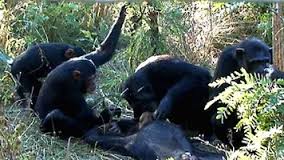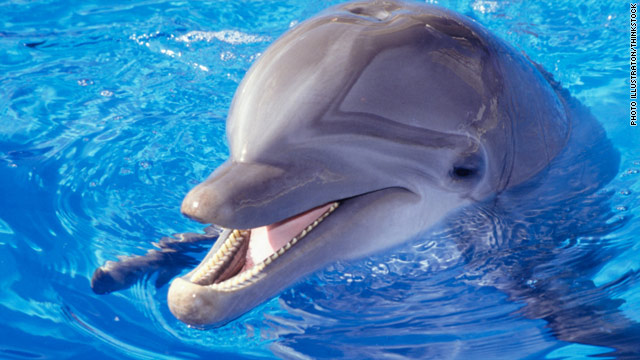Animals Have Funerals Too
Article from: CremationSolutions.com
As humans, we like to think of ourselves as evolved, after all we are at the top of the food chain, but somewhere along the way we’ve lost our inner sense of value and compassion for a human life. When a loved one was lost, having a funeral was automatic, followed by a period of deep mourning that would last for weeks, months, or even years.
Somewhere along the way we’ve become a disposable society that has lost our ability to value life. In the past, when a loved one passed away, we used to hold three-day wakes prior to the funeral. However, in recent times people moved on to more a memorial service at the convenience of the family. That is the sad reality of how humans have evolved in the grieving process in the age of technology. As technology has progressed and lifestyles have become more hurried the grieving process has gotten to the point where it’s become almost forgotten. We as humans need to remember what’s really important and start setting aside time to honor our dead loved ones and pay our respects.
It might surprise you to find out that humans are not the only animals that grieve the loss of their loved ones or hold vigils. Many members of the wild animal kingdom celebrate the lives of their loved ones in ways that would put us as a society to shame. We should all take a lesson from the way they lovingly hold vigils over the bodies of their loved ones and protect them, about the value of life and our presence here on earth.
Elephants
Elephants are the most compassionate of all wild animals when it comes to mourning death and loss. They have even been known to extend this compassion to elephants that aren’t related to them as well as other animals and even humans. They have a true respect for all life forms that we should take a lesson from.
When elephants encounter the body of a deceased animal they always stop and try to lift it to its feet several times using their trunks. If they are unsuccessful in their attempts, they will sniff and poke it before burying it with leaves, branches, grass, dirt, or whatever is available.
After burying the body, they usually leave. However, if the deceased animal was a relative they will remain by the body for several days or weeks mourning the loss of their loved one, leaving only to get food or water. Sometimes elephants will even become depressed and even starve themselves in reaction to their loss.
Dolphins
 When a member of a dolphin pod dies, the other members will stay with the body and rally together to keep any potential harm from coming to the body. If something tries to move towards the body the other dolphins will become agitated and loom around to prevent it from getting too close.
When a member of a dolphin pod dies, the other members will stay with the body and rally together to keep any potential harm from coming to the body. If something tries to move towards the body the other dolphins will become agitated and loom around to prevent it from getting too close.
The other members of the dolphin pod usually lift the body close to the surface and stay with it for several days while they try to come to terms with the loss of their loved one. They only leave the body when absolutely necessary to get air.
Chimpanzees
 When chimpanzees lose a loved one they become very depressed and saddened much like we do. They mourn together as a group and comfort each other. However, they have a deeper grieving process than ours. Often, they will get so upset and depressed that they will refuse food.
When chimpanzees lose a loved one they become very depressed and saddened much like we do. They mourn together as a group and comfort each other. However, they have a deeper grieving process than ours. Often, they will get so upset and depressed that they will refuse food.
Chimpanzees have a very interesting grieving process. The grieving and separation process takes them a little bit more time. We have often heard people say that they aren’t ready to let go yet, or that they aren’t ready to say goodbye yet. The chimpanzee doesn’t let go or say goodbye until they are ready.
They will maintain their routines and interrelate with their loved one for weeks or months until their loved one’s body has decayed so badly that they are unable to continue to do so. Only then will they leave their loved one to rest. This routine gives them more time to accept the loss of their loved one, so that they can feel closure in their hearts.
Gorillas
When a Gorilla loses a loved one, they mourn the loss quite deeply. They will pound on their chests and howl loudly. They will also hold informal wakes and funerals, at which other members of their gorilla family will come in, view the body, smell and touch it. If it’s a close family member, some gorillas have been known to become very depressed and stop eating.
Read full article here: http://blog.cremationsolutions.com/wild-animal-funerals/2014/01/




